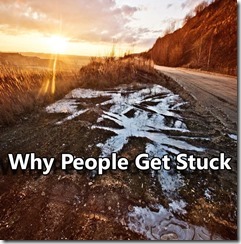 In developing a life plan you need to identify the areas of your life that are important.
In developing a life plan you need to identify the areas of your life that are important.
David Fiedler, a bicycling Expert, writes about the role of Bike spokes at about.com:
Bike spokes are “a key role in the transferring of the power from your legs to the rim to make the bike go. Enormous force gets applied to the hub of a rear wheel by the chain and gearing when you pedal down hard, and together the spokes carry the power that has gone from your legs to the chain then out to the wheel. That force driving the bike forward gets distributed among many spokes in a properly aligned wheel, which people usually describe as being “in true.” When you look at weight distribution, too, even under a very heavy load many spokes help spread out the weight so that it is more evenly carried and doesn’t put too much stress on any single spoke.”
In looking at a bike wheel, what if the spokes could be an illustration for your life? What if each spoke could represent an area of your life. As each area is working in the wheel, the wheel is able to properly roll and move you forward. You may not have as many spokes as a bike has, but if the spoke is not aligned right the wheel will not function correctly.
Picture your life like the wheel and the different areas of your life like the spokes. If you do not have direction in your life-spokes (the spoke is not aligned right), the wheel will not function to the best of its ability to get you moving forward.
What life-spokes do you need to get aligned in order for the wheel of your life to move forward? Such areas to look at could include: family, physical health, career, money, education, etc.
What do you want to accomplish in those life-spokes of life? As you understand your vision for each life-spoke, it is like aligning the wheel of your life so it can roll under the pressures, taking you from where you are to where you want to go.
For some, the wheel is falling under the pressure of life. You need to build up the spokes and get them aligned in order to get rolling.
The first step in building the spokes of the wheel is identifying them, just as the first step in building a life plan is identifying the important areas of your life.




